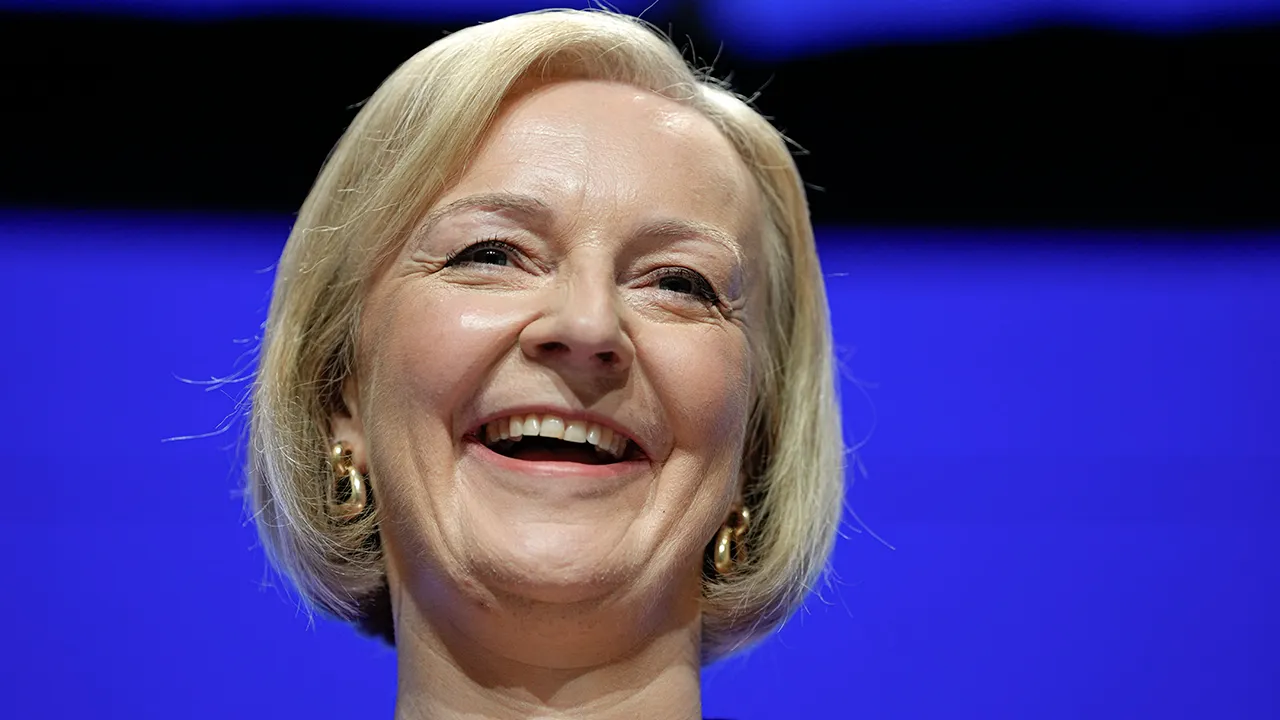Table of Contents
Information
Opinion
In February 1746, various political heavyweights threw a massive tantrum with King George II. One thing led to another and the entire cabinet, including Prime Minister Pelham, resigned en masse. The King, scratching his head as to what he should do next, asked William Pulteney, Lord Bath, to form a government on 10th February, immediately appointing him First Lord of the Treasury (strictly speaking the ‘official’ portfolio of the British Prime Minister).
To put this into some kind of perspective, Pulteney was one of these politicians who had been around since forever but was a bit of a joke among the more senior political heavyweights. It would be like the entire Ardern Cabinet except Phil Twyford resigning and the Governor General appointing him prime minister as the ‘last man standing’; you can imagine the hoots of laughter from one end of NZ to the other.
William Pulteney was undeterred, however, and with his friend Lord Granville he got to work appointing cabinet ministers, and remarkably managed to find seven people prepared to serve – despite the ridicule being heaped upon them by the entire political establishment. There was just one itsy bitsy matter which seems not to have crossed Pulteney’s mind (and in fairness it probably wouldn’t cross Twyford’s mind either): how the British Government actually operates: pesky little matters such as being able to command a majority in the House of Commons, for instance.
Pretty much the entire membership of the Commons (with the exception of an obscure non entity called John Rushout, who agreed to be Leader of the House) viewed the notion of Pulteney and Granville forming an administration and offering various chaps ministerial office as some sort of joke that they didn’t quite ‘get’. In a modern context, imagine Twyford offering people like Glen Bennett or Tangi Utikere cabinet posts, or announcing Anahila Kanongata’a-Suisuiki as finance minister, to understand how bizarre it all was.
Upon the forming of his government, Pulteney would need to have a vote of confidence in the House of Commons and the membership’s response to that was resounding. After a mere 49 hours, the William Pulteney era of British politics came to an ignominious end and he was never heard of again. His brief term of office was hilariously satirised:
…the most wise and honest of all administrations, the prime minister having never transacted one rash thing; and, what is more marvellous, left as much money in the treasury as he found in it…
The self-destructive behaviour of Liz Truss in recent hours – sacking her chancellor for no reason, crashing around like a fool – reminded me of William Pulteney, although she has beaten his record time in office. The plotters are plotting and there is serious doubt whether she will be able to command a majority in the House of Commons, despite her party’s majority of about 80. As for appointing Jeremy Hunt as chancellor, well really…The silly woman really needs to read Machiavelli’s The Prince. Lots of current cabinet members saw themselves as chancellor, but she’s elevated a backbencher over their heads?!? Bit hard to see Boris coming back – but could it be that Kemi Badenoch is prime minister this time next week?









